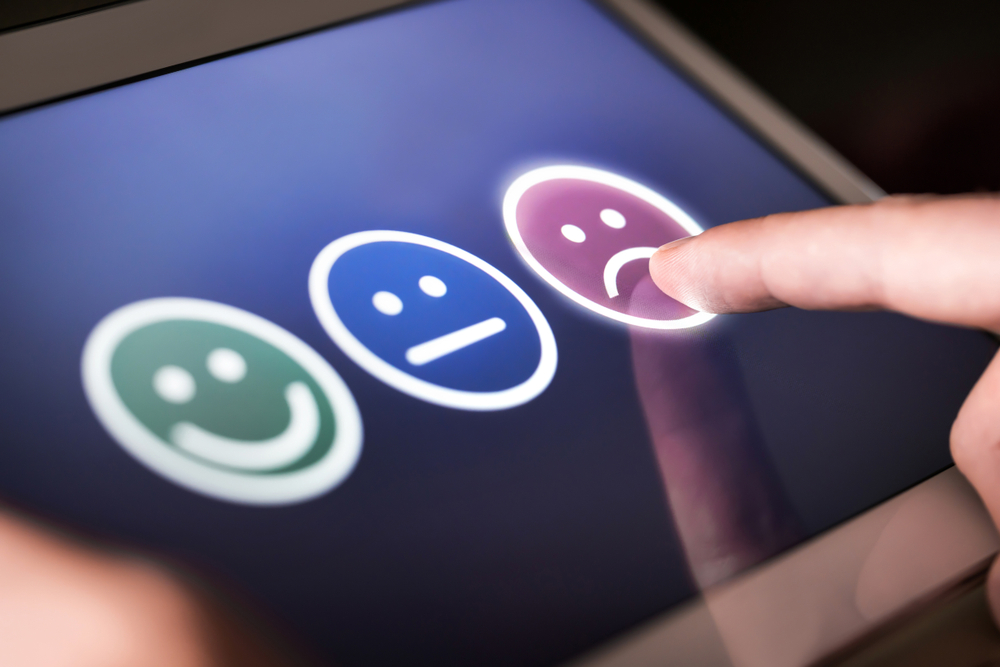
There are a couple separate ways to interpret the term “cheap hearing aids”. For anyone on a small budget, it means “affordability”. But we’ve all heard the saying “You get what you pay for”, and in this case, the term “cheap” suggests low-quality hearing aids.
Unfortunately, deciding if you’re getting a great deal from whether you’re getting a very low-quality device can be difficult. With regard to hearing aids, this couldn’t be more true.
The saying “you get what you pay for” is especially relevant with hearing aids. This doesn’t always mean going for the top-tier option, but rather, looking closely at offerings that boast a price tag too tempting to be legitimate. Companies marketing cheap hearing devices frequently omit essential details about their products that consumers should be aware of.
They usually just amplify sound
Increasing the overall volume is generally the only thing cheap “hearing aids” can handle. When you just amplify everything, the sounds you want to hear better are amplified but so are unwanted background noise you don’t want.
If everything is louder, it entirely defeats the purpose of having a hearing aid.
Contrastingly, a high-quality, contemporary hearing aid goes beyond mere volume adjustment. It minimizes background sound while skillfully managing sound and enhancing clarity. Genuine hearing aids are tuned to your particular hearing needs, closely simulating natural hearing with increased accuracy.
Hearing aids vs. PSAPs
The Food and Drug Administration has written guidelines for companies who sell hearing devices and have stringent rules as to what can be called hearing aids.
Sadly, there are many devices out there that are advertised as hearing aids when they’re actually personal sound amplification products (PSAPs), named such because they can only amplify sound.
There are lots of legit and reputable companies that comply with appropriate marketing. But there are some sellers, especially online, that may be misinformed about what characterizes the difference between hearing aids and PSAPs, and as a result, they put out misleading claims about their products. Some even falsely advertise that they are FDA-approved.
For most kinds of hearing loss they won’t be effective at all
The progressive loss of hearing often involves trouble hearing specific frequencies rather than an abrupt complete loss. You might have a hard time understanding a little kid or a woman, for example, but you have no problem understanding a man with a low voice.
A cheap hearing device typically results in total volume amplification. But simply cranking up the total volume will not be adequate for people who have a tough time hearing specific frequencies. Furthermore, turning the volume up considerably to catch the sound of your granddaughter playing on the floor may lead to your adult son’s speech sounding like a roar, potentially adding to hearing loss if subjected to high volumes for extended periods.
High-quality hearing aids can be programmed to increase particular frequencies providing a much better solution. They provide a more personalized hearing experience by shifting frequencies you can’t hear very well to frequencies you hear better.
Feedback can be an issue
Cheap hearing aids are generally not custom fit to your ears. Without that custom fit, you’ll generate a feedback loop. The microphone picks up the sound from the speaker in your ear as it wiggles around. What does this sound like? An ear-shattering screech.
They usually don’t have cellphone support
Functionality is often sacrificed when choosing budget options, and this holds true for lots of inexpensive hearing aids lacking Bluetooth connectivity. The lack of Bluetooth becomes critical when considering phone connectivity. With cheaper hearing devices, when you try to amplify phone calls, your device will amplify every little sound, like your lips or ears rubbing on the phone, or clothing and hair.
More advanced hearing aids are digital and use Bluetooth connectivity to connect directly to your phone. Overall communication and clarity will be improved so you can be sure you will hear your daughter’s voice on the phone.
They were never meant to treat hearing loss
The majority of people would most likely be surprised by this. These amplifiers were never meant to treat hearing loss. They were designed to amplify sound for individuals who have fairly good hearing.
Cheap devices may help a little if you only have slight hearing loss. But they won’t be of much use for individuals who actually need hearing aids.
Where can you get quality affordable hearing aids?
There are lots of ways to get hearing aids affordably. They might even be covered by insurance or other third parties. There are also affordable brands, leasing programs, and financing options. If you think you have hearing loss, start by getting checked out. Call us today for a consultation, we can help figure out what’s best for you, depending on your degree and type of hearing loss, and make sure you get a pair that won’t break the bank!
References
https://www.fda.gov/medical-devices/consumer-products/hearing-aids